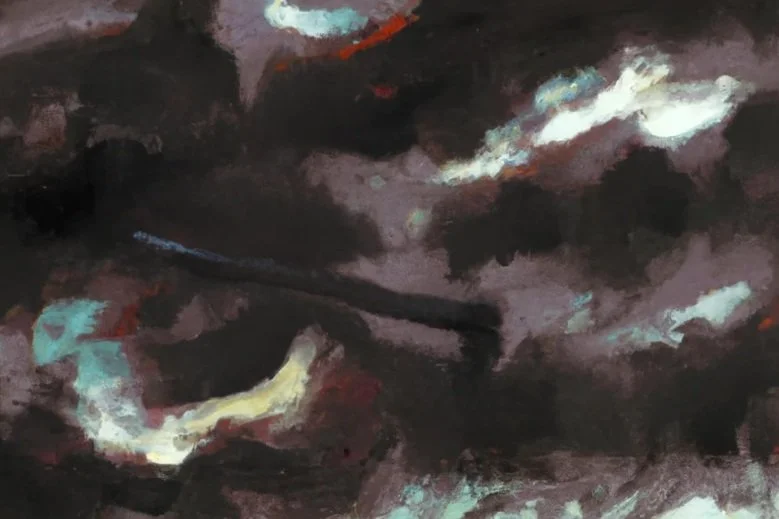Research Group at the INTERACT Center for Peace and Conflict Research, Freie Universität Berlin
Discursive Conditions of Radical Politics
Dynamics of (non)violent escalation in the second wave of the Arab Spring
The project Discursive Conditions of Radical Politics explores the new spaces of radical politics in Algeria, Lebanon, and Sudan in an interdisciplinary perspective and through a mixed-method approach attuned to the interaction processes between regimes and their contenders. The analytical focus is on the relations between eventful dynamics and their inter-pretive context, and on the mediated narratives by which contenders legitimise or reject the adoption of violence as part of these dynamics. By examining how these discourses constitute the boundaries of so-cial claims and contentious performances, the project aims to show how two eminent social arenas—street politics and the “politics of signification” —interrelate and inform conflict trajectories.
The Arab Spring demonstrated the importance of volatile interaction patterns between states and contenders. Accordingly, this project embraces a cultural-interactionist perspective on mobilisation and radicalisation. It recognizes the relationship between (non)violent collective actions and state (re)actions as an iterative, mediated, and dynamic one. And it adopts a mixed methodology to compare the three understudied cases of Algeria, Lebanon, and Sudan. This combination situates the research group at the intersection of Comparative Political Science, the Sociology of Protest, and Area Studies. Ultimately, this project can thus be considered a transdisciplinary effort to map the second wave of the Arab Spring and assess the prospects for its radicalisation.
On the one hand, it investigates the trajectory of contention, including forms of non-state/state violence, over several contentious episodes and retraces radicalisation processes in the urban spaces of Algiers, Beirut, Tripoli, and Khartoum. These cities represent the epicentres of the recent protest wave.
On the other hand, it explores the relation of radicalisation processes to interpretive struggles in digital spaces about the use of violence. These struggles include mediated processes of vilification and othering, the securitisation of enemies, and the construction of antagonist social relations. They predominantly take place on blogs and social media which have become crucial parallel discursive arenas of contentious politics, In sum, the project aims to:
theorise the discursive conditions of radical politics and links them to the trajectory of contention in the MENA region;
shed light on mediated narratives by which (non)state violence is legitimised in datafied societies;
propose an interdisciplinary approach to the study of conflict escalation and radicalisation that bridges Middle East Studies, Political Science, Sociology, and Media and Communication Studies;
develop an innovative analytical toolkit for the comparative study of radicalisation processes and violence dynamics in contexts that are hostile to traditional fieldwork methods.
“The ability of social movements to challenge to power structures hinges on their symbolic capacity to reverse meaning to demonstrate the arbitrariness of the power and its domination. And it is enough to structure reality using different words for the power monopoly over reality to crumble”
– Melucci, 1996


